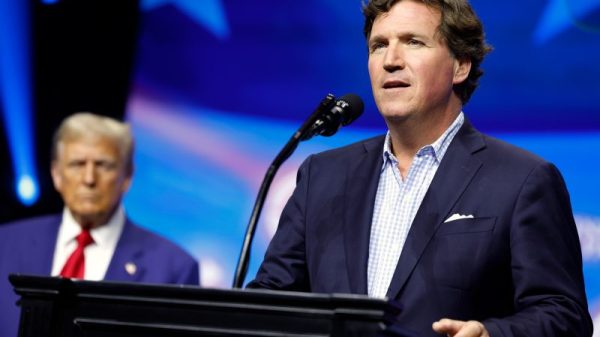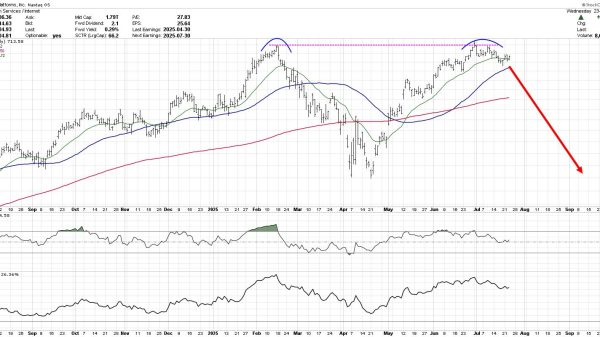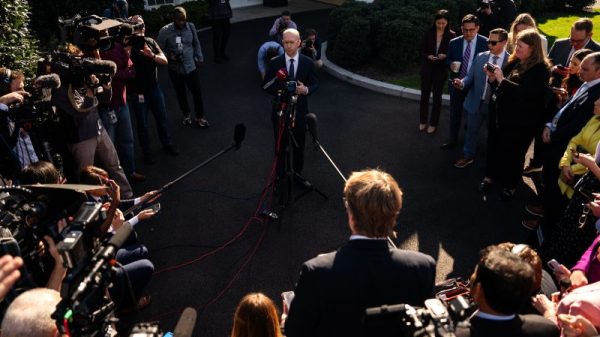Many children quit sports by age 11 because they are no longer fun, often due to early professionalization.
Parents can re-engage their children by playing with them, inventing new games, and allowing them to explore different sports.
Asking children how they want to be supported during games and simply telling them ‘I love to watch you play’ can improve their experience.
If you’re a parent of a young athlete, you’ve probably heard the numbers.
According to a survey by Project Play, a national initiative to get more children involved in athletics, the average child spends less than three years playing a sport and quits by age 11, most often because it just isn’t fun anymore. It’s a consistent theme across the landscape.
We “professionalize” youth sports too soon, expecting tangible progress, skills development and wins from their earliest ages. We forget that it’s primarily their experience, not ours.
Fall is a time we like to reset our priorities. Why not include kids sports? There are easy ways to get your son or daughter active in sports, or even get them back in the game if they’ve stopped playing.
Here are five:
Get out and play with your kids
When you engage with your child, it validates what they’re doing. This works with about any activity, from coloring to reading to kicking a soccer ball or playing catch.
We can instruct them about how to throw with proper form, of course, but we build their confidence when they show us what they’ve learned through their own experiences.
Try playing a game with them you don’t fully understand, such as foursquare. Let them explain the rules.
“I can be dressed in a suit, and if I jump in a game, it changes my relationship to those kids from being an adult who is potentially scary to I’m just another player,” says Elizabeth Cushing, CEO of Playworks, a nonprofit organization that provides instruction and training to elementary schools to keep kids active and engaged at recess.
“It’s the only time in the school day when an adult is an amateur. And that really changes the relationship.”
Make up or modify your own sports and games
When I was about 8 and attended summer camp in the 1980s, I remember having a group tennis lesson in which the instructor was rigid about using proper form and keeping the ball in bounds. He said if we hit the ball off the court and into the woods, we had to run and get it.
It was an invitation. A kid in line took a big swing and swatted one high over the chain link fence as most of us doubled over with laughter. The boy turned, smiled to us, and started to run out of the gate after the ball.
There were at least a few boys in the group who regularly played tennis and enjoyed trying to keep the ball within the lines. Others of us liked baseball better and wanted to clear the wall.
I’m not advocating for doing the opposite of what a coach is teaching in practice but for letting kids explore different sports. Keep an open mind about what they love to do. Tailoring their ability, or their interest to a specific sport can come later. Or maybe not.
According to USA Pickleball, the wildly popular sport was invented when two families, including one of a U.S. congressman, were looking for an activity as they vacationed.
They created something out of what they could find: ping pong paddles, a perforated plastic ball and a net. The idea behind the game, which has held true to today, is that the whole family could play it.
Cushing, the Playworks CEO, has three 20-something children who played varsity sports in high school. When they get together as a family, they play a made up game in which someone wails away at a ball and tries to get around as many bases as possible.
What do they call it? Tennis baseball.
Try out a new sport, especially at the start of high school
There is a trend among youth travel coaches to require young athletes to play only one sport, or for only their team.
It’s the road, the kids are told, to playing at an elite level. It also can lead to orthopedists’ offices for treatment of overuse injuries.
If players are fortunate enough to reach UCLA women’s basketball coach Cori Close’s program, the pain is on their faces, and the burden of their parents’ investment is on their shoulders.
“I see both sides of it,” Close told USA TODAY Sports in 2024. “I see the good wind-in-your-sails side, the equipping side. And then I see the burdensome, pressurized, performance oriented side that it’s saddening to see.
“Everything has been leading towards, ‘Get a scholarship, get to college,’ and then they get to us, and when they should have the most joy and the most freedom and the most good habits, they’re completely burned out.”
While about 6-7% of high school athletes (or a little more than 500,000) go on to compete at the NCAA level, more than 8.2 million played high school sports in 2024-25, according to the latest National Federation of State High School Associations participation survey.
At the most granular level, we can use sports as a way to meet people, especially if you’re filtering into a high school from one of many middle schools. You’ll find a wide array of them – rowing, track and even football – where little or no experience is required.
“I didn’t start playing football until ninth grade. I played soccer, even though my dad was a high school football coach,” says Jason Nickleby, assistant director of Minnesota’s league of high schools. “All of my best friends I played football with, ending up playing slow-pitch softball with, they were in my wedding.
“Football’s a great team sport from the perspective that 30 to 40 kids, 50, can play in a night. Basketball, (it’s) seven. That’s why my dad has always said: It’s the greatest team sport because you get kids out there on kickoff or on punt return or whatever that maybe aren’t the most athletic or most skilled but that’s their role and they just excel at it.”
‘Sportsmanship is not sexy’: Have we lost the purpose of high school sports?
Ask your kid athlete about how you should act at their games
If your child has tried more than one sport, and dropped out, have you looked inside yourself?
Were you one of those parents who was correcting them during the game?
Even if you were cheering, you might have been “distracting.” Skye Eddy, founder of soccerparenting.com, a website that assists in getting the most out of athletic experiences with your kids, labeled the word as a type of sideline behavior. She discovered she was doing it herself.
Her daughter told her simply hearing her voice, even in positive support, distracted her from the game. Eddy learned to sit in attentive silence. Having this conversation is an interactive step we often don’t think about as sports parents.
When we allow them to play without our interference, our kids become more autonomous with their decision making and development as athletes.
“I think part of it is learning what (your) role is,” says Amanda Visek, a sport scientist at The George Washington University and researcher behind groundbreaking studies about what makes sports “fun” for kids. “And I always go back to the greatest sources of information are the athletes. And part of how you establish good social connections and good relationships with them is being open and honest and asking, ‘How can I support you? What do you want me to do?’ ”
Tell them, ‘I love to watch you play’
You’ll be surprised at the connection you might make with six simple words. Say it when you’re driving home from a game, and let them take the discussion from there.
“That’s something they want to hear you say,” says Kyle Reed, the head football coach at Monroe (Michigan) High, whom I met at the Project Play Summit in 2023. “My father was my coach as well. And at home, we never talked about football. We never talked about what we needed to do on the field. He was just a parent for me at that time.”
Coach Steve: Tips for the car ride home. (Hint: Don’t’ be like Andre Agassi’s dad.)
If we are former athletes, perhaps we need to take a deeper look at ourselves. Asia Mape was a Division 1 basketball player and sports television producer who took ownership of her role of sports mom to her daughters in a public fashion.
She created a website (ilovetowatchyouplay.com) under the premise that good sports parents make mistakes. Mape has written about how her oldest daughter with Olympic aspirations quit water polo and the role she played in the experience.
“Your child and your family sacrifice hundreds of hours and thousands of dollars, you are carpool mom extraordinaire, you make special game day muffins, many of your friends are the parents from the team, and you have already made a college recruiting video,” Mape writes. “You are so invested; in fact, you’re on the board of the club team. This is me. And then, poof, one day, they quit. It’s gone in a flash. And you’re left wondering what it was all for, where we did go wrong, and why didn’t I do something about her unhappiness sooner.
“She had been trying to tell us she was unhappy for several years. I just didn’t listen.”
Looking within is how we get better at sports parenting. Maybe it’s as simple as telling our kids how much we enjoy it.
Steve Borelli, aka Coach Steve, has been an editor and writer with USA TODAY since 1999. He spent 10 years coaching his two sons’ baseball and basketball teams. He and his wife, Colleen, are now sports parents for two high schoolers. His column is posted weekly.



























